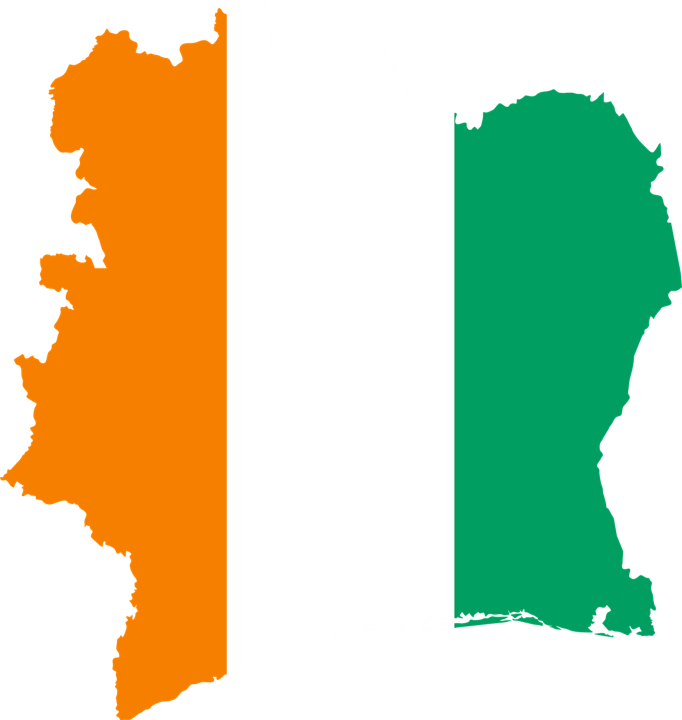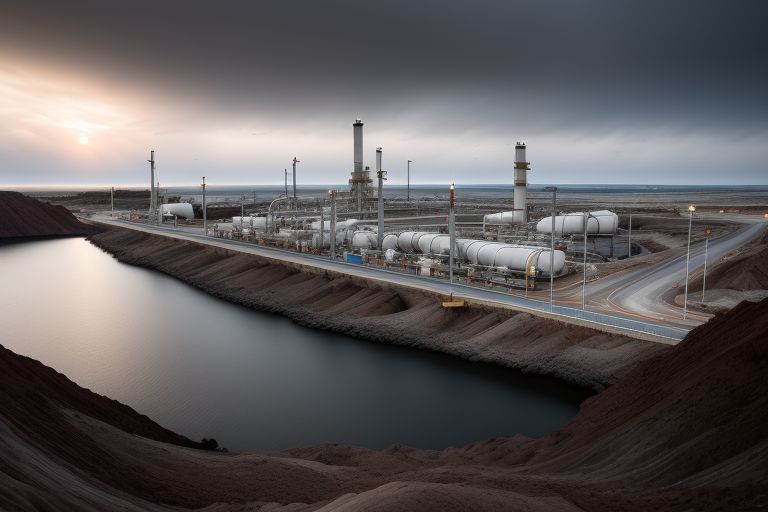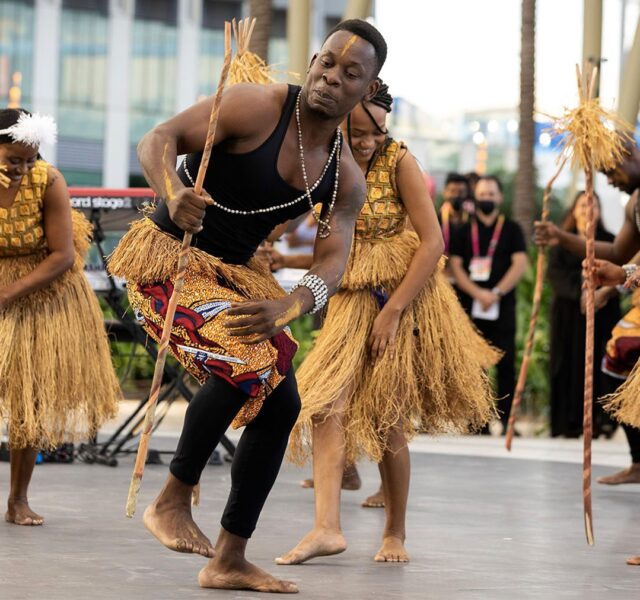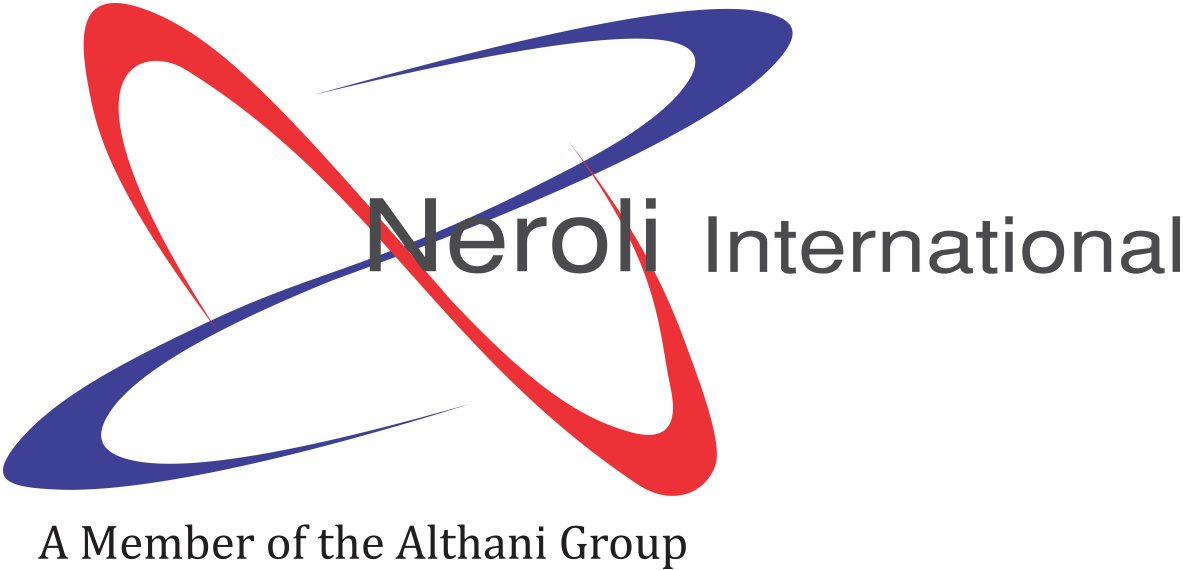
Equatorial Guinea
Nom officiel : République de Guinée équatoriale
Capitale : Malabo
Localisation : Côte ouest de l’Afrique centrale
Population : Environ 1,4 million (2023)
Langues officielles : Espagnol, français, portugais
Monnaie : Franc CFA d’Afrique centrale (XAF)


Pétrole et gaz
Aperçu: Le pétrole et le gaz constituent la pierre angulaire de l’économie de la Guinée équatoriale, représentant plus de 90 % des recettes d’exportation et des revenus de l’État. Découvert dans les années 1990, le pays est rapidement devenu l’un des principaux producteurs de pétrole en Afrique subsaharienne.
Production : La Guinée équatoriale produit environ 100 000 barils de pétrole par jour. Elle dispose de réserves importantes de pétrole offshore, et la production de gaz prend une place croissante grâce au développement des champs offshore de Zafiro et d’Alba
Gaz naturel : Le pays possède également d’importantes réserves de gaz naturel, avec des projets tels que l’usine de gaz naturel liquéfié (GNL) sur l’île de Bioko, permettant l’exportation de gaz naturel.

Minéraux et Métaux
- Or: L’exploitation artisanale de l’or se pratique dans la région continentale, mais une exploitation commerciale à grande échelle n’a pas encore été développée. Il existe un potentiel inexploité pour l’exploration des ressources aurifères, en particulier dans la région de Rio Muni.
- Bauxite : Bien que non encore exploitée, la Guinée équatoriale disposerait de réserves de bauxite (le principal minerai utilisé pour la production d’aluminium). Le développement futur de ces ressources pourrait considérablement renforcer le potentiel d’exportation minérale du pays.
Diamants : Une exploration limitée a révélé la présence de dépôts de diamants, bien que l’exploitation minière commerciale n’ait pas encore commencé. - Autres minéraux : Le pays pourrait également posséder des gisements inexploités de titane, de minerai de fer et de manganèse.
Aperçu :
La Guinée équatoriale, située sur la côte ouest de l’Afrique centrale, comprend une région continentale (Rio Muni) et plusieurs îles, dont l’île de Bioko, où se trouve la capitale Malabo. Elle figure parmi les pays les plus riches d’Afriques en termes de PIB par habitant, grâce ses vastes ressources pétrolières et gazières. Avec une position stratégique dans le golfe de Guinée, le pays possède également d’importantes ressources minérales qui jouent un rôle clé dans son économie et son potentiel d’exportation.
Riche en ressources naturelles, notamment en hydrocarbures, l’économie de la Guinée équatoriale repose principalement sur ces dernières. Cependant, le pays reste relativement sous-exploré pour d’autres ressources minérales, bien qu’un potentiel significatif existe dans divers secteurs.
Perspectives :
Diversification : L’élargissement des activités vers les ressources minérales et le développement du secteur minier pourraient générer de nouvelles sources de revenus et des opportunités d’emploi.
Plan de développement Horizon 2020 : Ce programme vise à transformer la Guinée équatoriale en une économie émergente grâce à des investissements dans les infrastructures, l’énergie et l’agriculture, offrant ainsi des perspectives de croissance à long terme.
Localisation stratégique : Située dans le golfe de Guinée équatoriale constitue un hub important pour le commerce régional et international.

